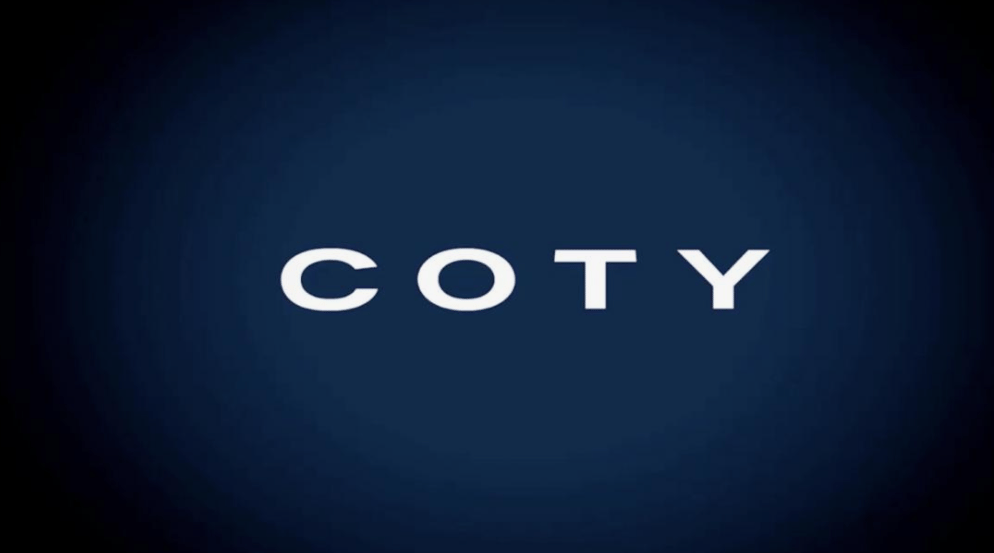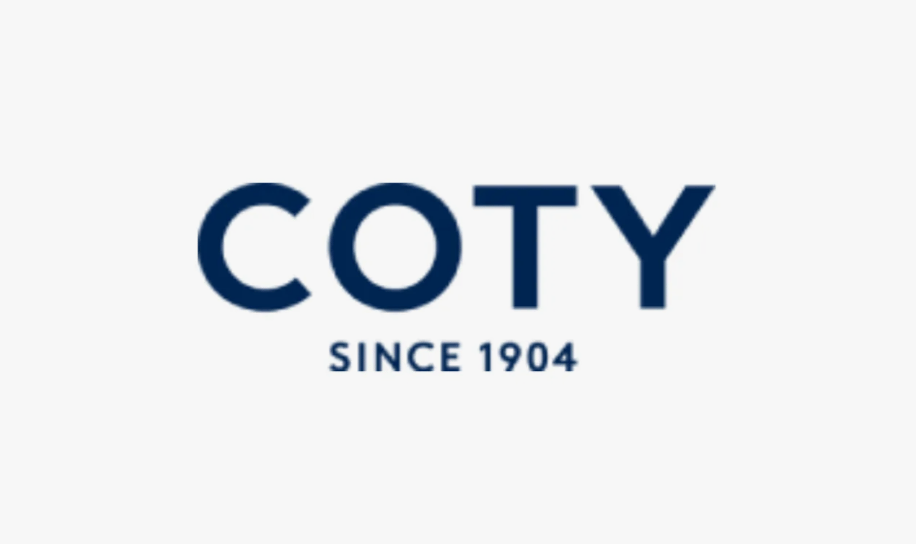Coty Adjusts Profit Forecast Amid Economic Uncertainty, Stock Dips
On Tuesday, Coty Inc. $COTY, the parent company of beauty brands such as CoverGirl, lowered its profit forecast for the fiscal year 2025. This adjustment, attributed to macroeconomic challenges and ongoing tariff uncertainties, has had a noticeable effect on the company’s stock price, which dropped by approximately 3% in after-hours trading. Additionally, Coty announced that it would delay its upcoming investor day by several months, further highlighting the company's cautious approach amidst these unpredictable economic conditions.
Coty's revised outlook reflects broader trends affecting companies in the beauty industry and other consumer goods sectors, where the lingering effects of inflation and economic uncertainty are forcing businesses to recalibrate their expectations.
The Current Economic Landscape and Its Impact on Coty’s Forecast
Coty's decision to adjust its profit projections comes at a time of heightened economic uncertainty, particularly due to the unpredictable trade policies under the Trump administration. Tariffs on imported goods and the threat of an economic downturn have had ripple effects across various industries, including cosmetics. Consumers, still grappling with high inflation, have become more selective in their purchasing habits, especially when it comes to discretionary items like beauty products.
Key Factors Affecting Coty’s Financial Performance:
Macroeconomic Uncertainty: The current global economic climate, shaped by concerns over a potential recession and shifting trade policies, is clouding the business environment. This has led to changes in consumer behavior, where beauty products are increasingly viewed as non-essential luxuries.
Tariff Implications: The ongoing tariffs, especially those implemented during the Trump administration, are contributing to rising costs for manufacturers. Coty, which sources materials and products globally, is seeing an impact on its margins due to these tariffs.
Consumer Purchasing Behavior: With inflation remaining high, many consumers are prioritizing essential purchases over non-essential items like cosmetics. This trend is expected to impact sales across the beauty industry, particularly in mass-market segments like Coty’s CoverGirl.

Navigating an Uncertain Market: Coty’s Strategic Moves
Given the challenges posed by the current macroeconomic and geopolitical environment, Coty is taking several steps to navigate the uncertainty and position itself for future growth. The company is adjusting its expectations while also looking for ways to adapt its operations to these challenging conditions.
Coty’s Response to the Economic Challenges:
Cost Management: Coty is focusing on managing its operating costs to offset the impact of tariffs and inflation. Streamlining operations and optimizing supply chains are key strategies in maintaining profitability.
Product Portfolio Adjustments: Coty has been focusing on diversifying its product range, emphasizing premium and luxury lines, which tend to be more resilient in times of economic downturn. The company is looking to balance its mass-market offerings with high-margin products that appeal to more affluent consumers.
Delayed Investor Day: By postponing its investor day, Coty signals a more cautious stance in the near term, reflecting the uncertainty that many companies face. This decision is part of the company’s strategy to avoid making overly optimistic projections in a volatile environment.
Conclusion: Coty’s Path Forward Amidst Uncertainty
The reduction in Coty’s 2025 profit forecast and the postponement of its investor day are indicative of the broader challenges facing not only the cosmetics industry but the wider consumer goods sector. Economic instability, influenced by fluctuating trade policies and inflationary pressures, has made it increasingly difficult for companies to predict long-term growth with confidence.
However, Coty’s response—through cost control measures, product diversification, and a more cautious financial outlook—suggests that the company is taking proactive steps to weather these turbulent times. While the immediate future remains uncertain, Coty’s ability to adapt to changing market conditions will likely determine its resilience in the months ahead.
As the beauty industry continues to grapple with economic pressures, Coty’s performance may serve as a bellwether for other companies in the sector, particularly those heavily reliant on discretionary consumer spending.















Comments
Coty’s decision to lower its profit forecast reflects tough times ahead for the beauty industry.